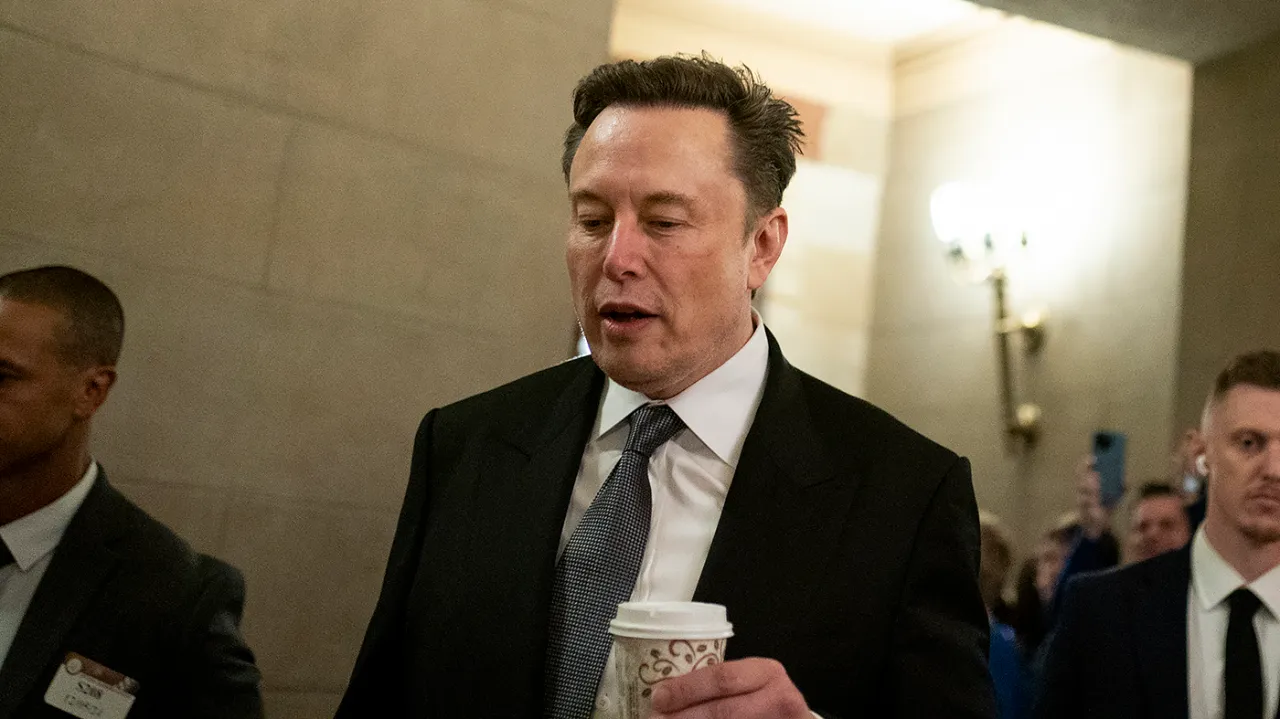Elon Musk, the entrepreneur and soon-to-be head of the Department of Government Efficiency, has thrust himself into the political spotlight, this time over a controversial spending bill. On Wednesday, Musk launched a social media offensive against the omnibus bill aimed at preventing a government shutdown. This continuing resolution, negotiated by Congressional leaders, would fund the government through March 14. With the current funding measure expiring on December 20, Congress faces mounting pressure to avoid a lapse in federal operations. Musk’s vocal opposition signals his growing role in shaping high-stakes policy discussions.
The omnibus bill has drawn criticism from GOP hardliners due to provisions including $100 billion in disaster aid and a pay increase for lawmakers. Musk joined the dissenting voices, calling the bill a “scam” and “an outrage” in more than 40 posts on his platform, X. By amplifying statements from Republican lawmakers opposing the measure, Musk has positioned himself as a key figure in rallying resistance. His commentary aligns with broader conservative frustrations over government spending and the perceived inefficiencies of large-scale legislation.

As part of his new role in President-elect Donald Trump’s administration, Musk has been tasked with slashing government spending alongside businessman Vivek Ramaswamy. Though the specifics of their mandate are unclear, Musk’s fiery criticism of the spending bill aligns with his broader focus on reducing perceived waste in federal operations. His social media campaign has not only amplified conservative grievances but also added an element of personal outrage, further fueling the debate over the bill’s merits.
Musk’s efforts have reportedly caused lawmakers to reevaluate their approach. House Speaker Mike Johnson is now considering a narrower alternative to the omnibus bill that would reduce appropriations while maintaining government funding. This potential Plan B seeks to address concerns raised by Musk and others, though it risks abandoning a bipartisan agreement and possibly triggering a government shutdown during the holiday season. Musk’s vocal opposition has complicated the delicate balancing act faced by Congressional leaders as they navigate these negotiations.
This incident highlights Musk’s rising influence beyond the tech and automotive industries, as he becomes a disruptive force in the political sphere. Using his social media platform, he has shifted public focus to the spending bill, pressuring lawmakers and sparking broader conversations about government efficiency. While his critiques resonate with those frustrated by federal spending, they also prompt concerns about the growing power of unelected figures in shaping public policy. As Congress approaches the funding deadline, Musk’s involvement adds a layer of unpredictability to an already tense situation.


